1. Massachusetts
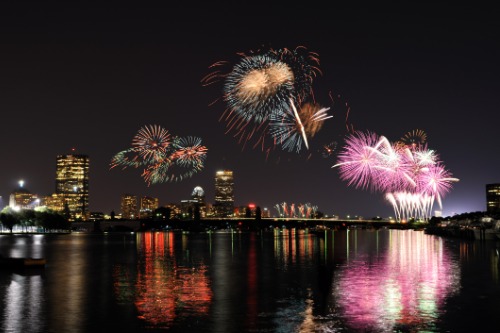
Massachusetts is famously strict when it comes to consumer fireworks – they’re completely banned, even sparklers, Nick Jachim of Fox 59 explains. The state’s main concern is safety, and fire departments there report some of the highest injury rates from fireworks in the country. Lawmakers also argue that densely populated areas make fireworks too risky. Despite the ban, residents often drive to neighboring states like New Hampshire to buy them anyway.
Interestingly, there’s a strong lobbying presence from medical and fire safety organizations in Massachusetts that keeps the pressure on to maintain the ban. Even proposed bills to legalize small fireworks have repeatedly failed in the state legislature. Firefighters’ unions, pediatricians, and public safety officials are consistent voices against any loosening of the law. So for now, the Bay State remains the most restrictive in the nation.
2. New Jersey
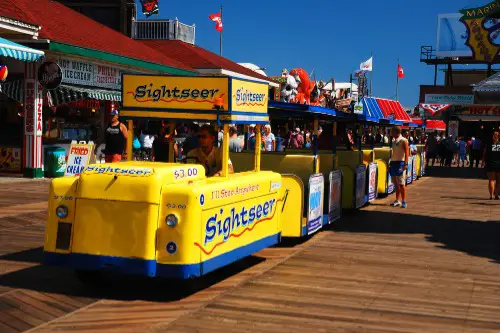
New Jersey has lightened up just a little, but not much – only handheld and ground-based sparklers and novelties are allowed, according to Bruce A. Scruton of the New Jersey Herald. Anything that launches or explodes is still illegal under state law. This partial allowance came in 2017, but it was very deliberate; the state still prioritizes preventing fires and injuries. Officials often cite the state’s dense urban layout as a reason to limit fireworks use.
The New Jersey Division of Fire Safety strongly opposes any expansion of fireworks access. Plus, the state has a history of devastating fire incidents, which has left a mark on public policy. Lawmakers worry that even a small spark could lead to widespread property damage. So while you might be able to wave a sparkler on the Fourth of July, don’t expect a full fireworks show from your backyard.
3. Delaware
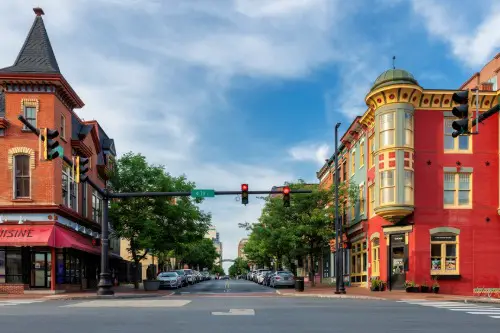
Delaware has one of the more confusing fireworks laws in the country. Sparklers and similar non-explosive items are technically legal—but only on July 4 and New Year’s Eve, Krys’tal Griffin of the Delaware News Journal explains. The rest of the year, even those are off-limits, and anything that shoots into the air or explodes is completely banned. This odd compromise was meant to give people a little leeway while still keeping a tight grip on fire safety.
The state fire marshal has been a vocal opponent of broader legalization. Delaware has a mix of urban and rural areas, but officials argue that even rural areas aren’t immune to fire risks. Lawmakers also lean on data showing spikes in injuries during holiday periods to justify the restrictions. So unless you enjoy holding onto your Roman candles until exactly midnight, you’re out of luck.
4. Illinois
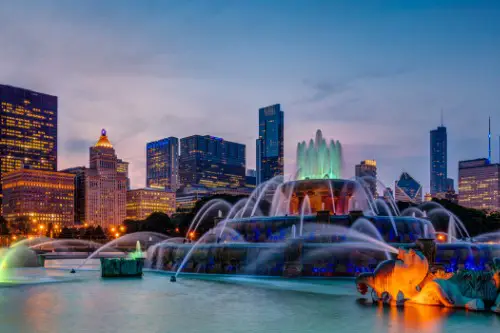
In Illinois, the state law prohibits most fireworks, including bottle rockets, firecrackers, and Roman candles, according to John Dodge of CBS News. Only novelty items like snakes, smoke bombs, and sparklers are allowed. The law hasn’t changed since 1942, and the state’s Department of Natural Resources frequently reminds residents that fireworks can be a fire hazard, especially during dry summers. Local governments can impose even stricter rules if they choose.
The enforcement varies by county, but overall, the ban is rooted in public safety concerns. The Chicago Fire Department, for instance, logs dozens of injuries every July from illegal fireworks. There’s also a racial equity angle some lawmakers have raised: illegal fireworks enforcement disproportionately affects communities of color. Until there’s major reform on that front, it’s likely Illinois will keep its conservative stance.
5. New York
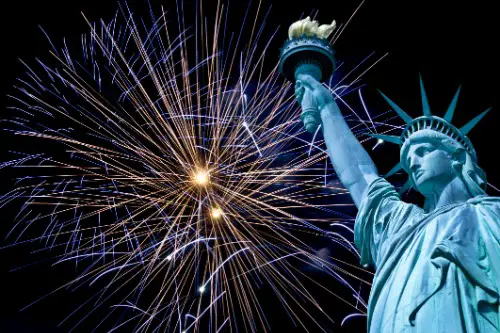
New York is another state where the rules change depending on where you are. Since 2015, counties have been allowed to legalize “sparkling devices” like fountains and sparklers—but full-blown fireworks are still banned statewide. Some counties like Suffolk and Nassau on Long Island have opted out entirely, keeping even sparklers illegal. That makes for a confusing patchwork of regulations across the state.
The state’s fire prevention officials argue that a partial allowance is a good balance. They’re still seeing firework-related injuries in counties that allow sparklers, especially among children. The New York State Association of Fire Chiefs continues to push against any broad legalization. So while the rules are looser upstate, in many areas, you still won’t be lighting up the night sky.
6. Rhode Island
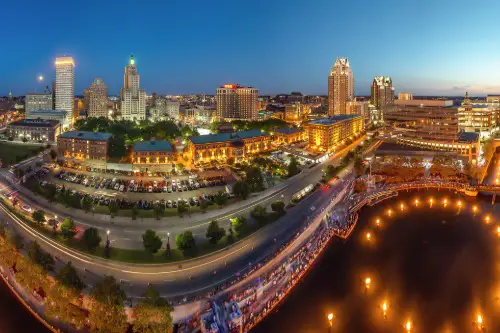
Rhode Island technically allows some consumer fireworks, but the state is very specific about what’s legal. Only ground-based fountains and handheld sparklers are permitted—and even those are restricted to certain times of year. Aerial devices, firecrackers, and rockets are strictly prohibited. That puts Rhode Island firmly in the “not really legal” camp when it comes to fireworks.
The state’s fire marshal has frequently warned against relaxing the rules. Officials say the risk of fires, especially during dry summers, is simply too great for such a small and densely populated state. They also cite concern over the misuse of fireworks in urban neighborhoods. So unless you’re keeping your celebration tame and on the ground, expect to hear a knock on the door.
7. Vermont
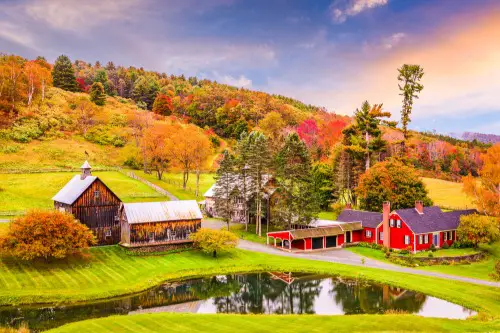
Vermont only allows sparklers and novelty items—everything else, including Roman candles and bottle rockets, is banned. Local towns can also enforce stricter rules, meaning what’s technically legal in one county may not fly in another. Lawmakers argue that Vermont’s forests and dry summers make fireworks a serious fire hazard. Environmental concerns are a big part of the conversation here.
Because the state is so rural and covered in trees, the fear of wildfires is real and often justified. The Department of Public Safety also points to past injuries and property damage from illegal fireworks. It’s not uncommon for people to smuggle in fireworks from New Hampshire, where they’re legal, but enforcement is taken seriously. So unless you’re into glow worms and sparklers, plan on keeping it quiet.
8. Oregon
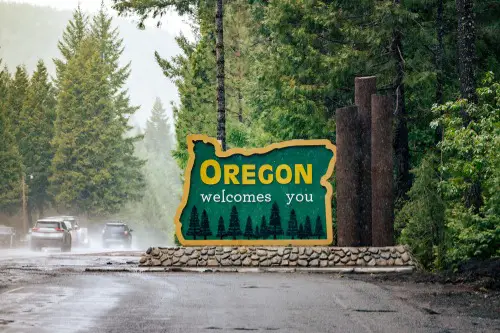
Oregon’s restrictions are largely about wildfire prevention, especially given its dry, hot summers and vast forests. The state bans aerial fireworks and firecrackers, limiting legal items to things that don’t explode or fly. Cities like Portland even go further, outlawing all consumer fireworks regardless of type. It’s part of a broader strategy to avoid the kind of wildfires that have devastated the region in recent years.
The Oregon State Fire Marshal has warned that one errant spark could ignite a major blaze. In fact, some of Oregon’s most destructive fires have been linked to human activity—including fireworks. Environmental groups and fire departments are united in opposition to legalization. Given the state’s climate challenges, it’s unlikely Oregon will change its stance anytime soon.
9. Colorado
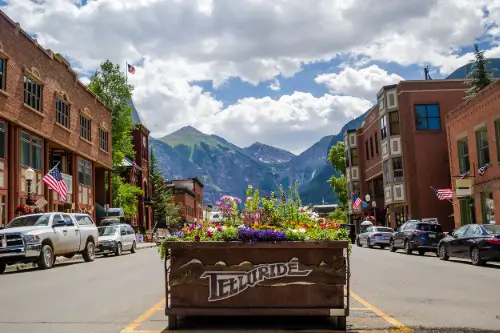
Colorado walks a fine line when it comes to fireworks. The state allows certain ground-based items, but anything that explodes or shoots into the air is a no-go. Fire danger is the big concern here—especially with Colorado’s history of massive wildfires. Local governments are allowed to enforce stricter bans, and many do just that around the Fourth of July.
Lawmakers have cited the state’s dry conditions and high fire risk as justification for keeping aerial fireworks illegal. The Colorado Division of Fire Prevention and Control reports hundreds of fire incidents each year tied to fireworks. There’s also concern about the strain these fires place on emergency services during peak wildfire season. So unless you’re happy with a cone fountain, best keep the rockets in the box.
10. North Carolina

North Carolina has a selective approach—sparklers, fountains, and other “novelties” are allowed, but anything that lifts off the ground is banned. That means bottle rockets, Roman candles, and aerial shells are all off-limits. The state’s ban dates back decades and hasn’t changed much despite occasional calls for reform. Fire risk and injury prevention remain the main reasons.
Medical professionals and fire marshals frequently lobby against changing the law. They argue that hospitals already see too many fireworks-related injuries during the summer. The state has also dealt with brush fires caused by illegal fireworks, particularly in its drier regions. So while you can get a small show going, don’t expect to light up the skyline.
11. Idaho

Idaho’s fireworks laws might surprise some people—while certain fireworks are legal, anything that leaves the ground or explodes is banned for private citizens. That includes Roman candles, firecrackers, and aerial shells. Retailers are allowed to sell them, but only if buyers sign an agreement not to use them in Idaho (yes, really). The idea is that people might use them out of state, though enforcement is tricky.
Wildfire danger plays a major role in Idaho’s policy. The state’s vast forests and dry conditions make fire prevention a top priority. In recent years, fireworks have caused multiple costly wildfires, which only reinforces the need for strict laws. So if you’re stocking up in Boise, don’t plan on launching anything skyward.
12. Wisconsin
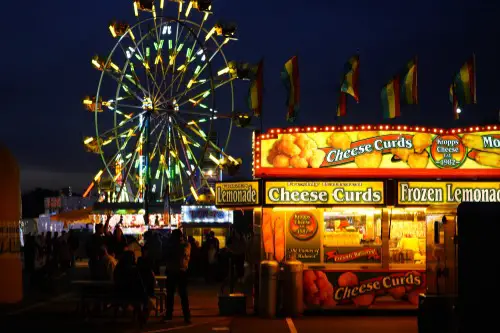
Wisconsin has a bit of a loophole system—many types of fireworks are technically legal to sell, but to actually use them, you need a permit from your local government. And those permits aren’t always easy to get. Without one, the only legal items are sparklers and novelty-type fireworks. Enforcement varies, but the state generally discourages personal fireworks use without proper supervision.
Safety advocates and local fire departments push hard to keep fireworks use regulated. The Wisconsin Department of Justice often issues reminders that illegal fireworks can carry fines and even jail time. Given the number of injuries and fires linked to amateur fireworks displays, it’s not surprising that the state remains cautious. So while you might see them in stores, using them is a different story.


